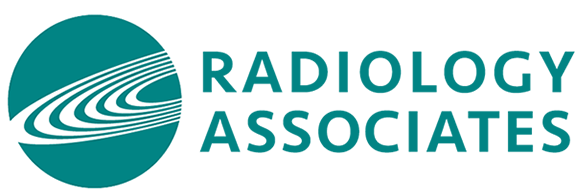Justifiable concerns about the coronavirus have prompted many people to delay or skip normal preventive health measures, including annual screening mammograms. While it makes sense to take every precaution against contracting COVID-19, delaying a routine screening mammogram can come with potentially dire consequences. For the 1 out of every 8 American women who will be diagnosed with breast cancer during her lifetime, early discovery – before cancer has a chance to spread to the lymph nodes – produces a nearly 100% five-year survival rate. That is a remarkable statistic. The longer cancer goes undetected, however, the greater the chance that it will travel outside the breast ducts and invade other areas and organs of the body. Once breast cancer has had a chance to metastasize, it poses a much greater threat. The fact that breast cancer is the second leading cause of cancer death among women attests to the importance of early discovery.
Extensive research by the American Cancer Society shows that getting an annual or biennial mammogram substantially reduces breast cancer mortality. A baseline mammogram should be performed by age 40 to establish a healthy image for easy comparison with future exams. The FDA-approved tomosynthesis exam, also called 3D mammography, that can discover tiny abnormalities, even in the 47% of women with dense breast tissue, which has been historically difficult to image using standard mammography. Comparatively, tomosynthesis is shown to provide 41% better detection of invasive breast cancers while reducing stressful false positives by up to 40%.
3D screening mammography is 100% covered by most insurance providers.
Keeping You Safe During Your Visit
Your annual screening mammogram does not need to be delayed or avoided because of COVID-19. The staff at Radiology Associates Imaging has implemented a thorough system of safety precautions and practices to help ensure women can call for an appointment that fits their schedule.
RAI offices are thoroughly sanitized, and touchpoints disinfected throughout the day. All patients and staff must wear masks while in shared spaces. The number of people in waiting areas is limited.
Proximity to staff is brief and controlled. Mammography technologists are highly experienced at their jobs and can perform a screening mammogram in just a few minutes, with little close contact. Mammography equipment is carefully sanitized between patients.
If you are due for a screening mammogram, do not put it off. Call for an appointment now – because cancer does not wait.
